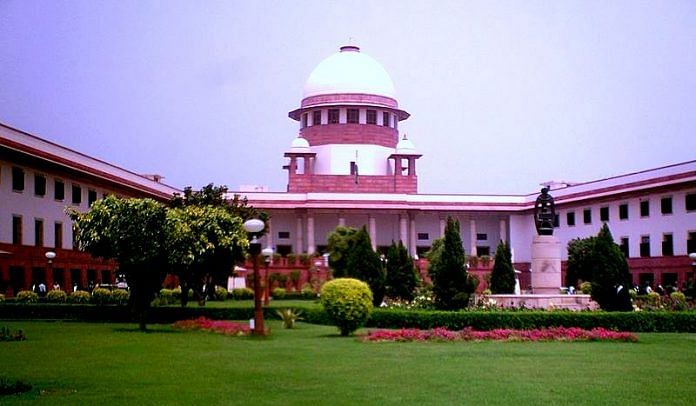Experts say defence lawyers always find ways to skirt around cross-examination regulations.
Sanya Dhingra & Sabah K.
Can you tell us the meaning of rape in Hindi? Can you tell us the meaning of ‘balatkar’ in English? Can you us tell the English translation of the word, ‘galat kaam’?
These are just some of the questions the two victims in the rape case, which culminated in Dera Sacha Sauda chief Ram Rahim being sentenced to 20-year imprisonment, had to grapple with in order to get justice.
At the time of the trial, the laws were much less favourable to rape victims. Until 2002, Section 155 (4) of the Indian Evidence Act held that “when a man is prosecuted for rape or an attempt to ravish, it may be shown that the prosecutrix was of generally immoral character”. Thus, attempts to intimidate the woman by asking humiliating questions were a normal practice. That section now stands repealed. Post 2013, a victim can’t be questioned for the lack of physical resistance during the alleged rape.
However, even though the laws stand amended or repealed, patriarchal attitudes that spur humiliating questions continue to hold sway. “How does one reform courtroom language? One can say that you can’t question a woman’s sexual history or lack of physical resistance, but (defence) lawyers always find ways to skirt around,” says Pratiksha Baxi, professor and author of ‘Public Secrets of Law: Rape trials in India’.
The problem is only compounded if the accused is influential. “If the person on trial is rich and powerful — like the head of a Dera — the victim is inevitably put on trial rather than the other way around,” says senior advocate Rebecca Mammen John. Even in the present case, out of the 18 women convinced by the CBI to give evidence against the Dera chief, only two deposed against him in court, leading to his conviction. This highlights the socio-legal impediments women routinely face, say experts.
“The law says that if the victim is subjected to ‘scandalous’ questions, the judge can disallow them,” says Indira Jaising. “But the fact remains that the victims are still asked those questions, and even disallowed questions are recorded,” she adds. The intention is clear — to intimidate women, warn them of possible repercussions, disgrace them and deter them from filing complaints, Jaising explains.
The trial, the experts argue, is often an extension of the assault on the victim. The now-defunct two-finger test on rape victims is still practised by medico-legal officials, and the results continue to have persuasive value. “In my experience, what women go through in hospitals is sometimes so bad that many would not even want to pursue the case after that,” John says.
It is hard to quantify how many women actually withdraw their cases in the face of humiliating medical tests and cross-examinations. But experts say that it is terribly common. Baxi, in fact, says there is a ubiquitous “culture of compromise” in our courts.
Even as the country celebrates the grit of the two victims in the Gurmeet Ram Rahim case, the questions they were asked and the societal backlash they faced during the trials point to larger maladies in the judicial system. “Women have limited financial resources, access to the justice system, psychological support to go through the harrowing trials,” says National Commission for Women chairperson Lalitha Kumaramangalam.
The government allocated a huge budget in the aftermath of the December 16 case, adds Baxi. Yet, there is no counselling and no legal aid provided for victims.
Defence lawyers in rape cases routinely take to stereotypes to shame victims though there are exceptions.
“Lazy defence lawyers who don’t study cases or are simply not equipped to arrive at logical conclusions, ask questions meant to humiliate women,” says M. L. Sharma, the defence lawyer in the 2012 Delhi gangrape case.



